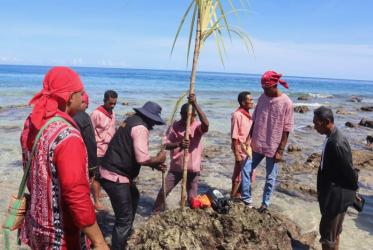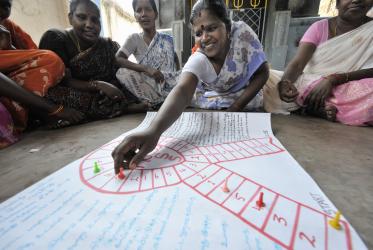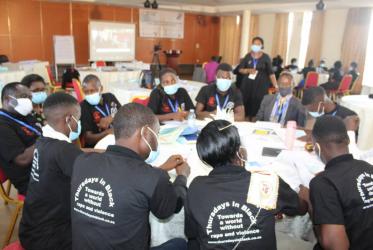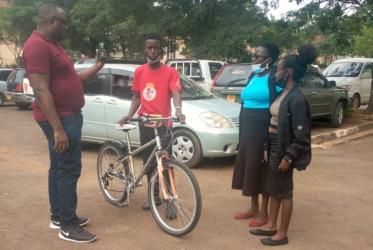Displaying 1 - 20 of 54
Unity is key when health crisis poses new challenges in Asia
28 February 2022
In Uganda, resilience and hope overshadow stigma
31 July 2020
Youth leaders: “We will stop at nothing” to end HIV and violence
17 October 2019
Frontline advocates in Uganda are putting a stop to HIV stigma
16 September 2019
“Economy of life” lifted up at special school in Indonesia
22 August 2019













